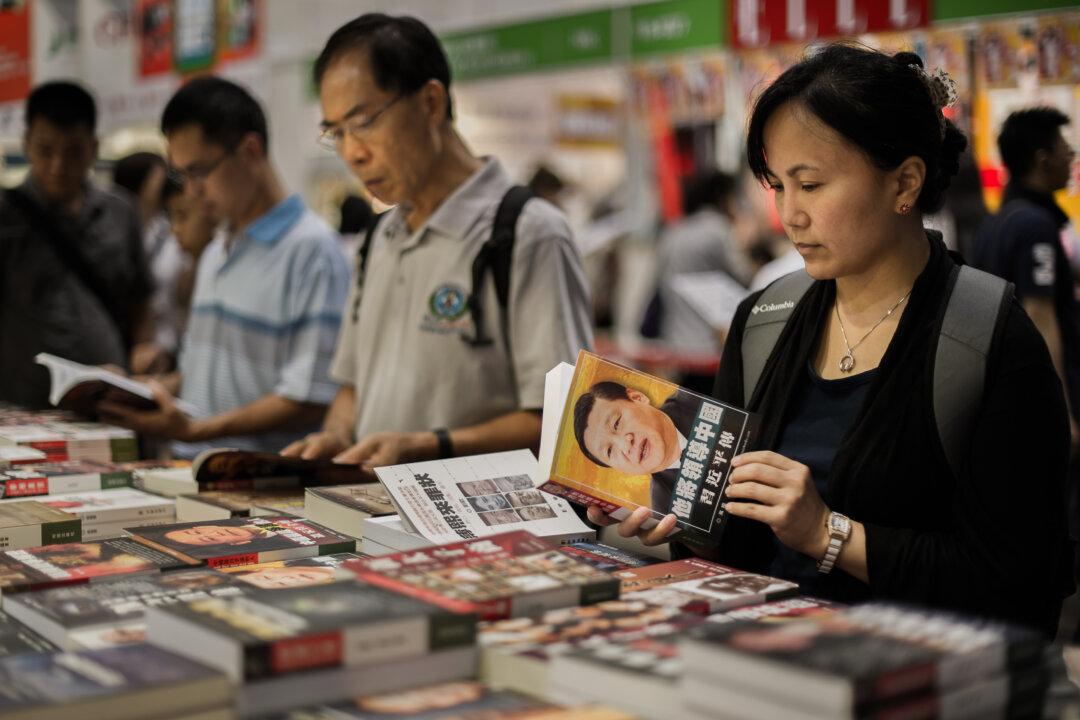In recent years, an increasing number of Chinese communist officials have been punished for possessing books published overseas that are banned by the party. Analysts believe it shows the growing fear of the Chinese Communist Party (CCP) towards its own members and dissenting opinions inside its political system.
In a recent case on Oct. 29, Chen Zehui, the deputy mayor of Changsha City, the provincial capital of Hunan Province, was removed from his official post. A notice put out by Hubei Provincial Commission for Discipline Inspection said Chen had been expelled from the party for “buying, carrying, reading, and collecting books and magazines published overseas that have ‘serious political problems’.” Chen was also under criminal investigation for corruption, according to the notice.




